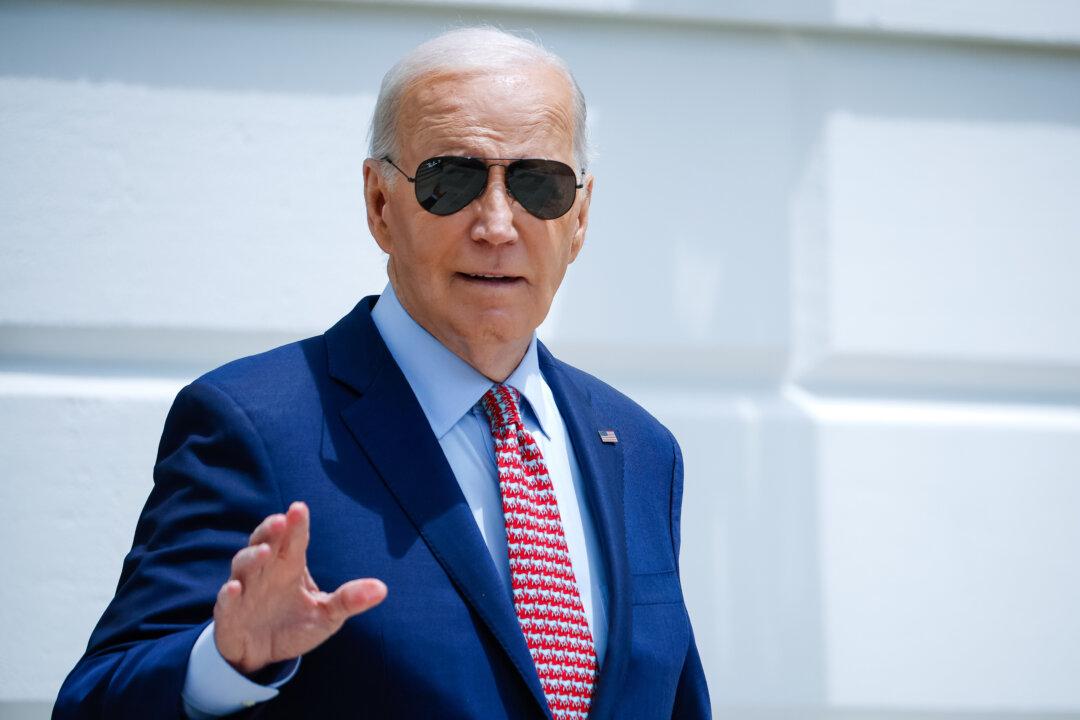PARIS, France—President Joe Biden will travel to France on June 4 to attend the commemorations of the 80th anniversary of D-Day in Normandy.
The president’s five-day trip to France, including a state visit, comes amid his son’s ongoing criminal trial in Delaware and his efforts to seal a peace deal in the Middle East.





